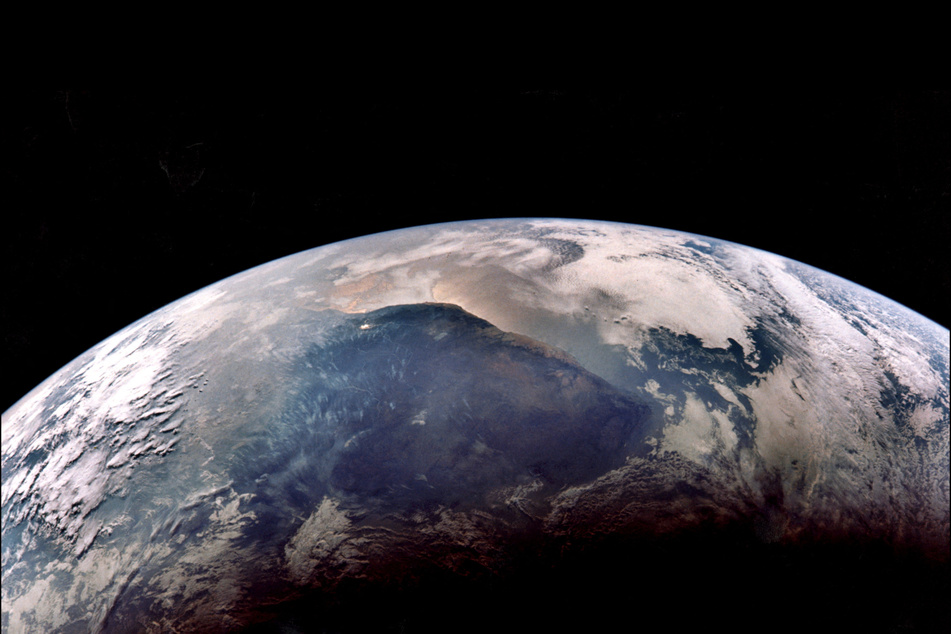Scientists left confused as Earth spins faster than ever before
Earth recently had its shortest day ever in recorded history, and it has left scientists absolutely puzzled.

If you ever find yourself thinking, "There just isn't enough time in the day," you may be onto something.
On an average day, it takes the Earth a full 24 hours, or 86,400 seconds, to make its rotation.
But not June 29, 2022.
According to TimeandDate.com, the day marked the shortest ever recorded since researchers first began using atomic clocks to measure the speed of the planet's rotation.
Earth completed its rotation that day 1.59 milliseconds sooner than normal. That may not seem like much, but recent years have seen shorter days in more frequency, leaving scientists baffled.
Some speculate that factors like climate change, activity in Earth's inner and outer layer, the ocean, and the tides are contributing to the speeding up.
Another theory is the Chandler Wobble introduced in the 1880s, which suggests the Earth's poles wobble during a 14-month period. That wobble has been slowing down, reportedly reaching a concerning low in 2017.
The year 2020 – which felt far longer than it actually was, for obvious reasons – had 28 of the shortest days ever, with the quickest rotation shaving 1.47 milliseconds off of July 19.
If this pattern continues in the coming years, we may have to do something to keep how we measure "time" in balance.
Human life may even have to implement a "negative leap second" in order to "to keep civil time – which is based on the super-steady beat of atomic clocks – in step with solar time, which is based on the movement of the Sun across the sky," the website said.
Between the Earth speeding up, raging California fires, and polio and monkeypox making a comeback, it sure can feel like the world is coming to an end.
Cover photo: NASA / AFP
